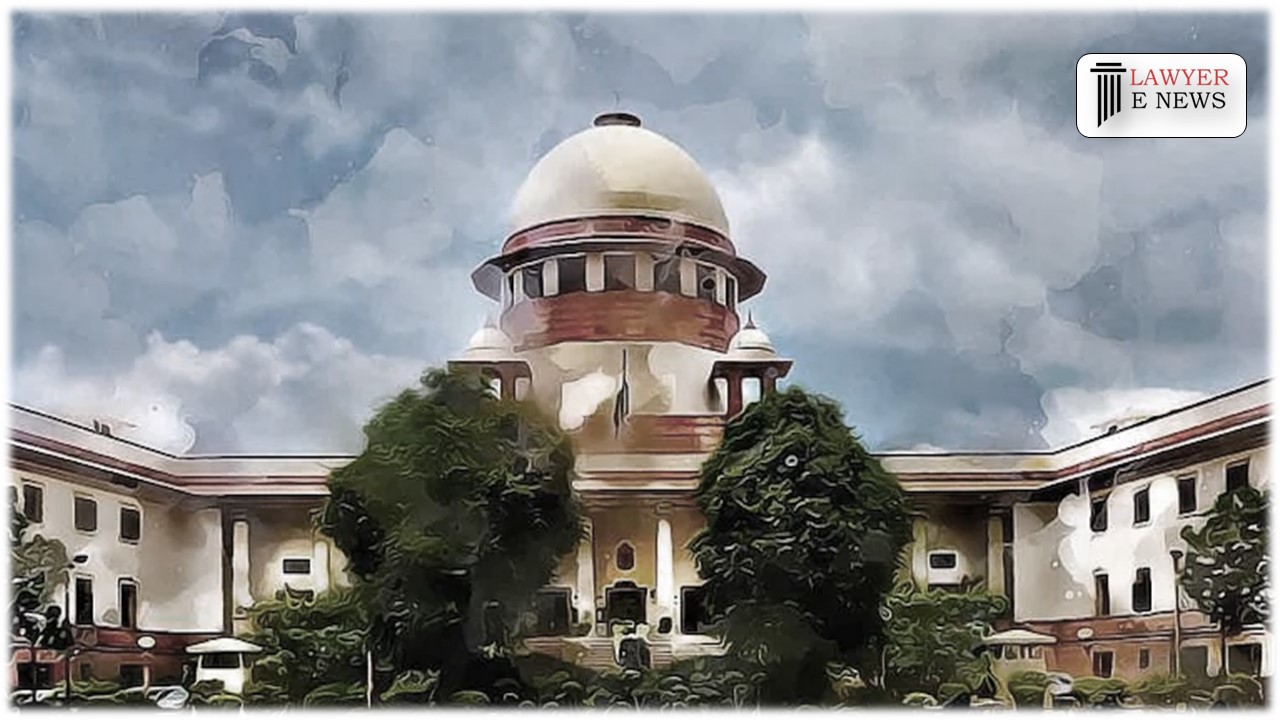-
by sayum
14 February 2026 2:22 PM



The Supreme Court has upheld the validity of compulsory retirement under Rule 27 of the Central Reserve Police Force (CRPF) Rules, 1955, stating that it is a legitimate form of punishment even though it is not specifically listed under Section 11 of the CRPF Act, 1949. This ruling came in the wake of an appeal by the Union of India against a High Court decision which had quashed the compulsory retirement of Santosh Kumar Tiwari, a Head Constable in CRPF, for charges of assault and abuse against a colleague.
Tiwari faced disciplinary action following allegations of assaulting and abusing a fellow colleague, which upon investigation, were proven true. Consequently, he was compulsorily retired from service, a decision he challenged up to the High Court of Orissa at Cuttack. The High Court had set aside the compulsory retirement, interpreting that such punishment wasn’t prescribed under Section 11 (1) of the CRPF Act.
The Supreme Court, in its judgment, delved into the intricacies of the CRPF Act and the CRPF Rules. It noted that while Section 11 of the CRPF Act outlines specific punishments, Rule 27 of the CRPF Rules, established under the rule-making power granted by Section 18, also validly prescribes compulsory retirement.
Justice Manoj Misra, writing for the bench, emphasized, “The rule-making power under Section 18 is broad enough to include compulsory retirement as a form of maintaining discipline within the CRPF.” He further clarified that such rules are “intra vires” of the CRPF Act, meaning they are within the scope of the Act.
The court rejected the respondent’s arguments that compulsory retirement was not a valid punishment under the CRPF Act and distinguished the case from precedents cited by the respondent. The judgment detailed the evidence against Tiwari, including witness testimonies and medical reports, which supported the disciplinary action taken.
Decision: Reversing the High Court’s verdict, the Supreme Court reinstated the compulsory retirement of Santosh Kumar Tiwari, affirming it as a necessary disciplinary measure fitting within the legal framework of the CRPF Rules and essential for maintaining discipline within the ranks.
Date of Decision: May 8, 2024
Union of India & Ors. Vs Santosh Kumar Tiwari
